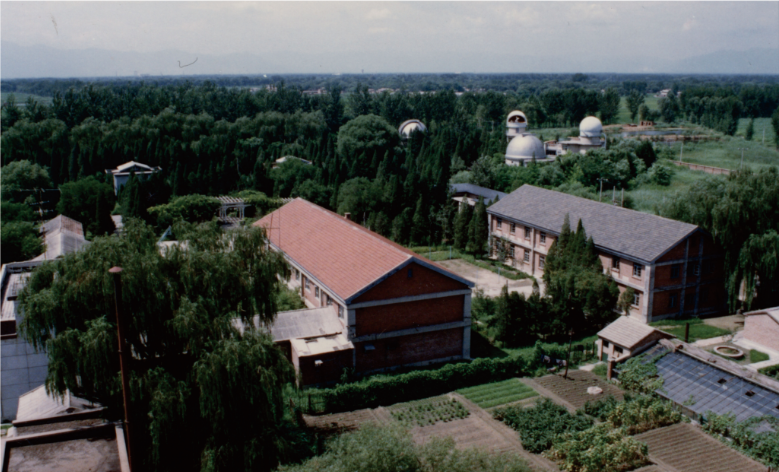In the first scientific development plan of new China, one of the main tasks for the development of astronomy was to establish a time service station in Beijing. In 1956, the Chinese Academy of Sciences began to prepare for the establishment of the Beijing time service station. According to the requirements of the time service work, the time service station was selected in the north suburb of Beijing, namely Shahe workstation. In 1957, the construction of the National Astronomical Observatories was started, and the construction of Shahe workstation was included in it.
In August 1958, Shahe workstation set up an underground clock room equipped with quartz clock group imported from West Germany, and the short-wave receiving antenna area on the northeast of the station. Around 1960, Shahe workstation was equipped with French Superman prism astrolabe and East German Zeiss transit instrument to start astronomical time determination and provided China's "Integrated Universal Time System" with time and latitude observation results. In the 1970s, photoelectric altimeter and photoelectric transit instrument were used for the first time, which made a lot of important contributions to the calculation of the joint corrections of radio time signals in the establishment of Chinese universal time system.
Since May 1, 1960, the clock room of Shahe workstation started to provide standard time signal to the Central People's Broadcasting Station through special cables, with synchronization accuracy 0.01 second approximately, which greatly improved the quality and reliability of China's broadcasting time service. This work continued until 1995.

Beijing Shahe astronomical workstation (Image Credit: Shahe astronomical workstation of National Astronomical Observatories,CAS)
 Print
Print